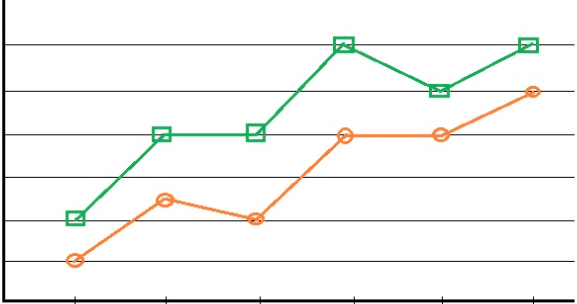How are you performing against your half year budget?
Reviewing your actual performance against the budget is prudent business practice. As we’re half way through many company’s accounting period, its a good time to check you’re still on track to achieve your numbers for the full year.
Taking a look at how the initial 6 months have gone and making the necessary adjustments for the rest of the year is not only good practice, it will help manage growth, upturns or downturns in revenues, costs and profitability and ultimately improves the financial health of your business. If you have external shareholders, its a great opportunity to manage expectations.
But inspite of effective management of budgets being good for your business, many companies don’t bother. They find it too difficult to disemminate budgets to departmental heads and budget owners and maintaining budgetary control over the financial year relies too heavily on manual processes and sharing of spreadsheets.
The process of setting annual budgets is a management function based on historical performance but bears little or no resemblance to future expectations. Using spreadsheets to monitor is both a blessing and a curse, as they offer complete flexibility, but with this comes multiple iterations, frequent edits and corrections and difficulty of sharing budgets through out the business.
As a result, managing budgets tends to be a one off task to satisfy bank managers and shareholders but the budget is only dusted off 12 months later and differences explained away and excuses made.
If you’re not able to answer the following questions instantly, you need help with managing budgets:
- What is the variance between your actuals and your budget?
- Why has this variance occurred?
- Where in the business are budget variances occurring?
- What is the impact (positive or negative) of any variances?
- What corrective actions are necessary to get back on track?
- What can we learn to improve budget accuracy in future?
However, businesses that manage their budgets, tend to have better control of their business performance, can manage cashflows and deliver profitable growth more reliably. And that’s good for business.
Take a look at Zahara’s 5 Step Guide to Managing Budgets and Approvals.

